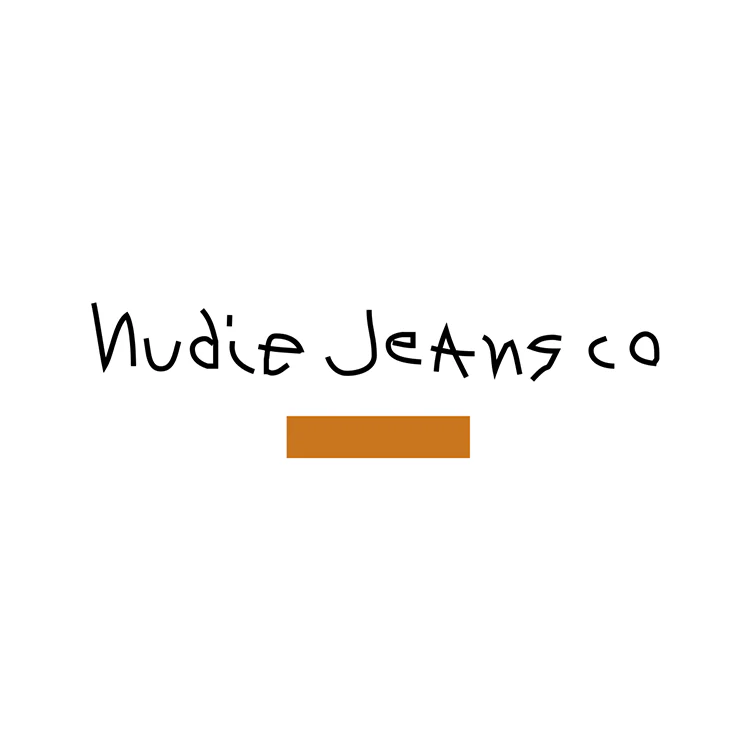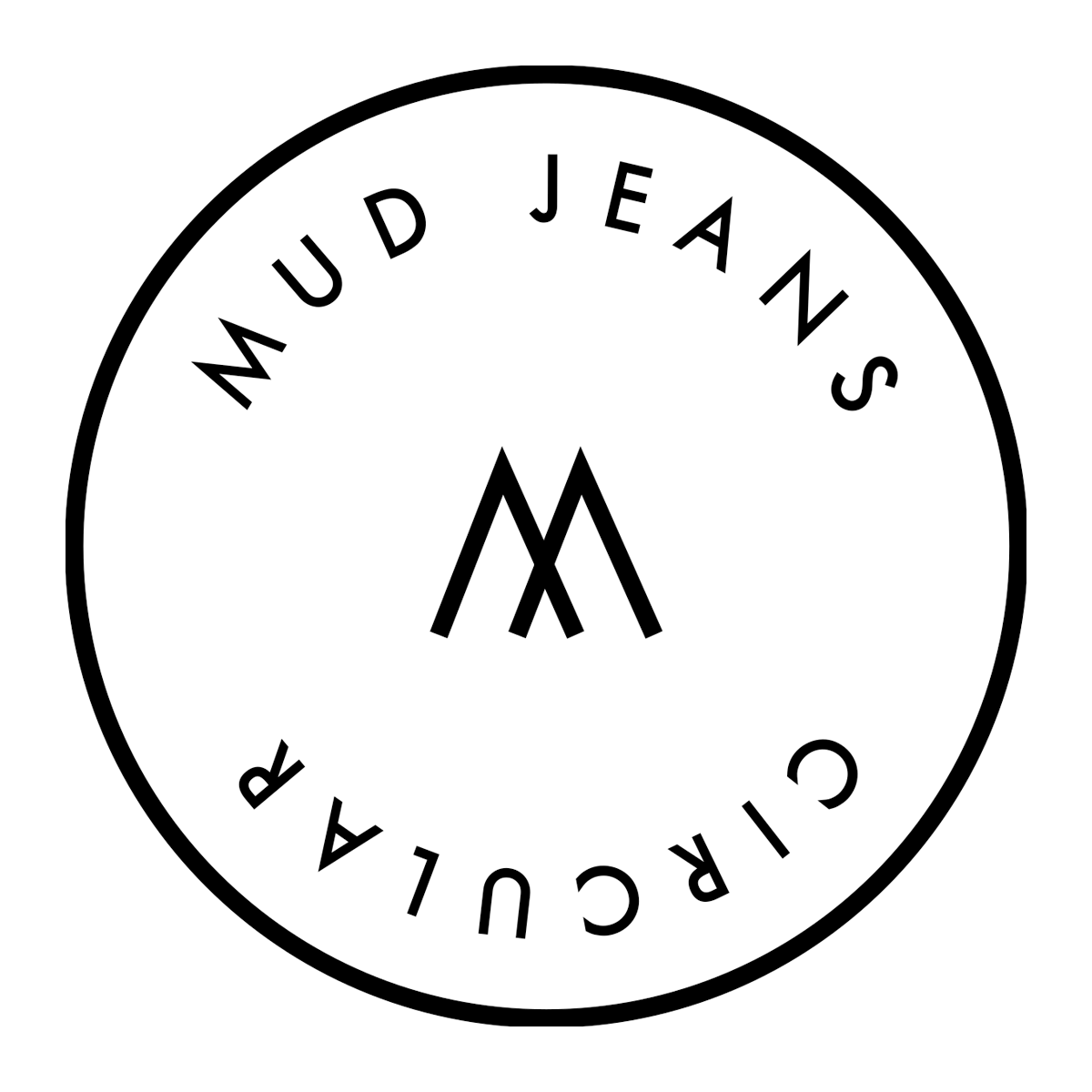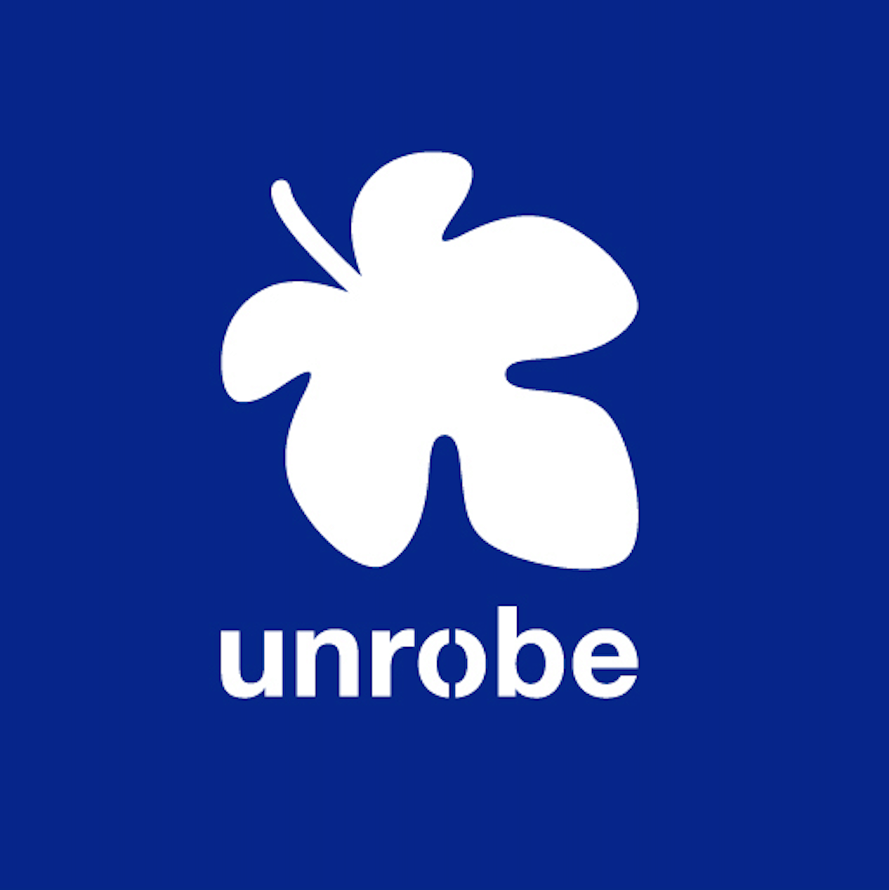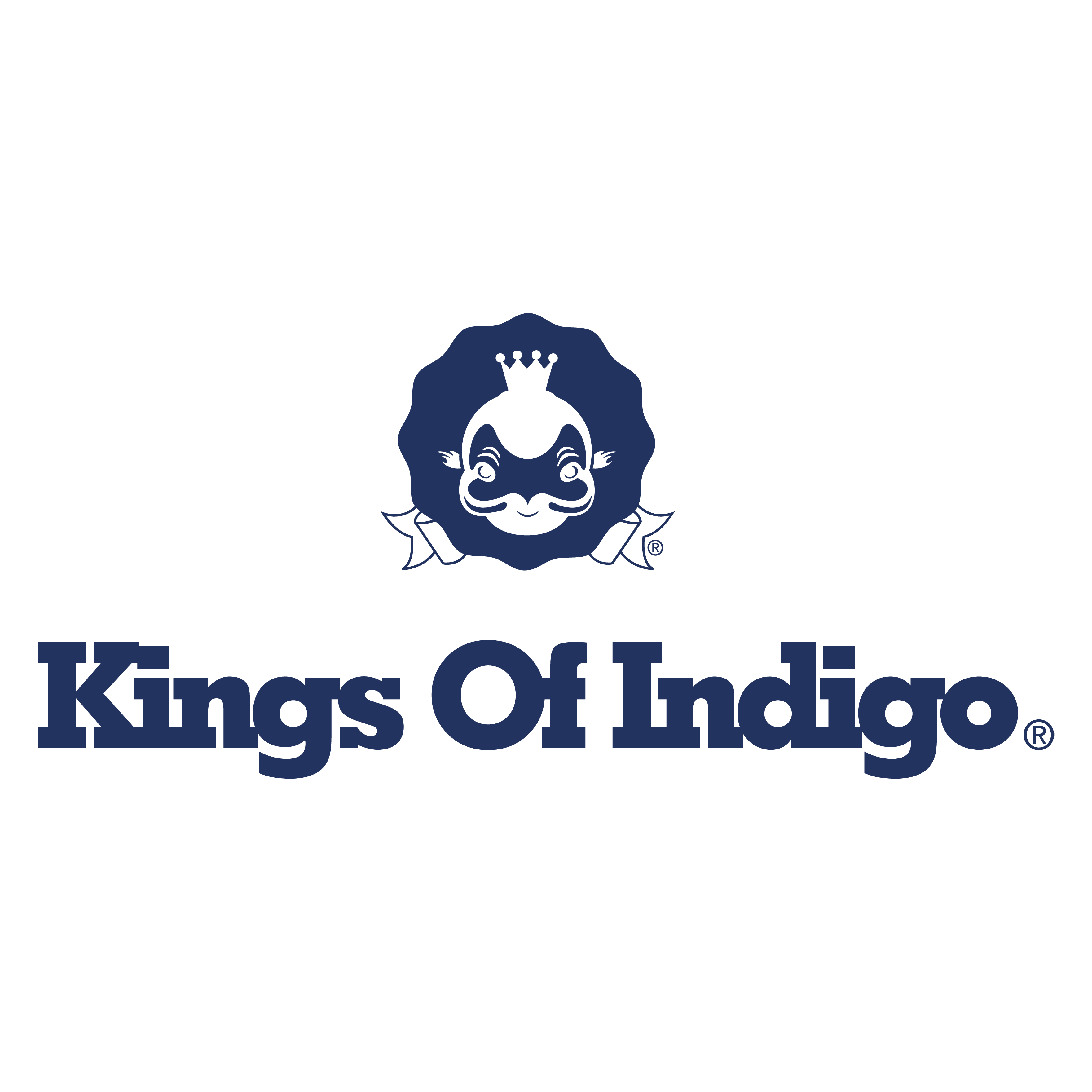Discover Amsterdam Top 5 Sustainable Apparel Brands
Discover Amsterdam's flourishing sustainable apparel scene, where innovation meets ethical practices. From eco-friendly materials to transparent supply chains, Amsterdam-based brands are redefining industry standards and meeting the growing demand for ethically produced clothing. By partnering with these forward-thinking companies, businesses can enhance the sustainability of their supply chains and contribute to a more responsible future for the apparel industry. Amsterdam is not only renowned for its picturesque canals and vibrant culture but also for its innovative approach to sustainable fashion. From eco-friendly materials to transparent supply chains, Amsterdam-based apparel companies are setting new standards for sustainability in the industry. By partnering with these forward-thinking brands, we have the opportunity to not only enhance the sustainability of our own supply chains but also to meet the growing demand from consumers for ethically produced clothing.
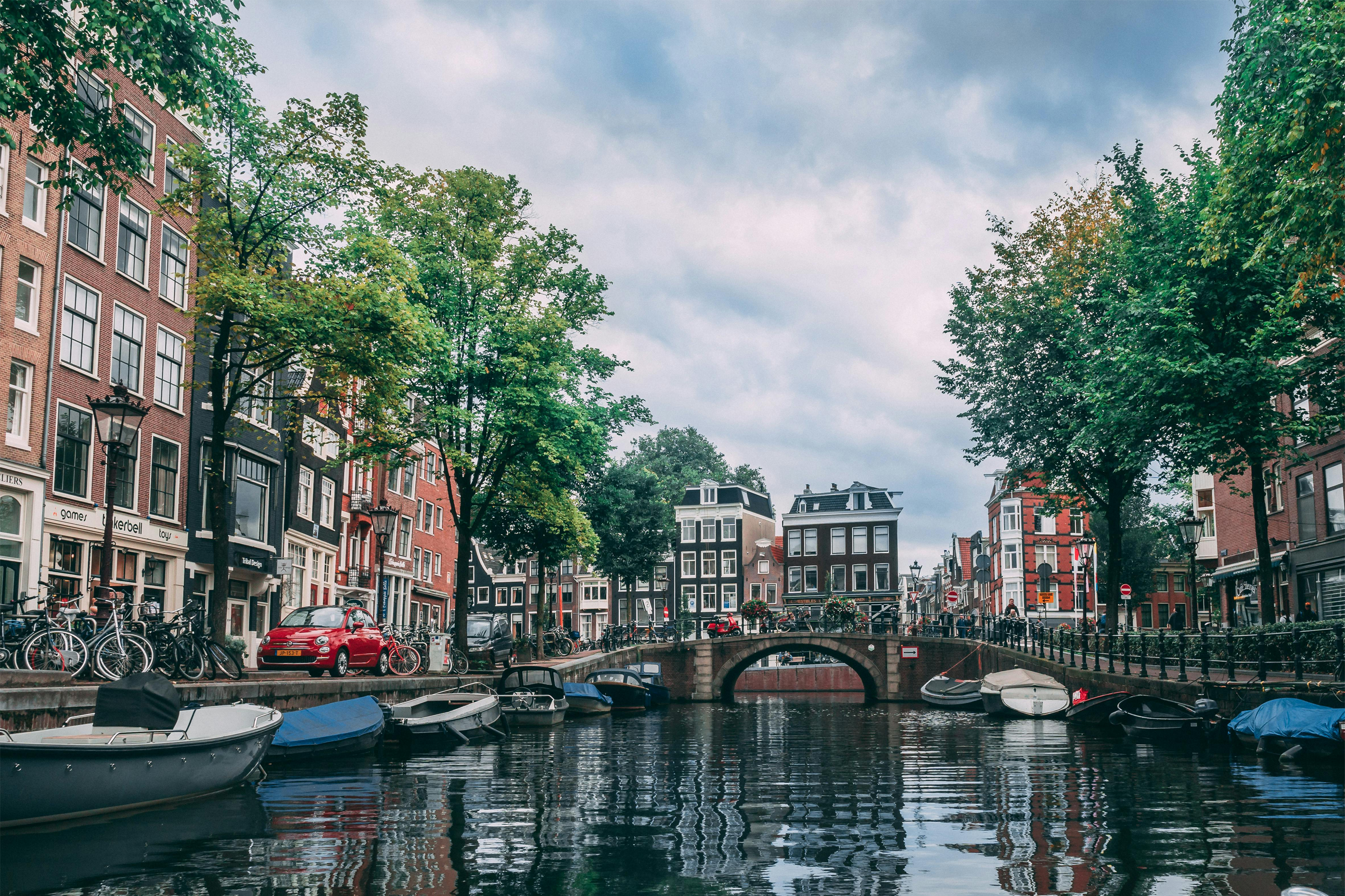
Nudie Jeans, originating from Gothenburg, Sweden in 2001, stands as a pioneer in sustainable denim, imbuing each pair with a wear-and-tear philosophy that elevates jeans beyond mere clothing to cherished companions in life's journey. Their dedication to sustainability permeates every stage, from sourcing organic cotton to promoting a lifestyle where jeans are worn for at least six months before washing, aligning with the gots Global Organic Textile Standard principles and fostering a deep connection between wearer and garment.
Central to Nudie Jeans's sustainable ethos is their Repair, Reuse, Recycle initiative, which emphasizes extending the lifespan of denim through expert repairs, offered free of charge with each pair. In 2022 alone, an impressive 65,386 pairs were skillfully mended, reducing the environmental footprint of production and consumption while promoting circular fashion principles.
Moreover, Nudie Jeans's Repair Shops serve as multifunctional spaces, not just for retail, but also as hubs for repairs, second-hand sales, and participation in the brand's Reuse program, exemplifying their commitment to sustainability beyond the point of sale.
MUD Jeans, an innovative force in the fashion realm, emerged onto the scene in 2012 under the visionary leadership of Bert van Son. Driven by a desire for positive change, he embarked on a mission to establish a brand that not only delivered premium denim but also championed sustainability and ethical conduct.
Embedded within MUD Jeans' essence is an unwavering commitment to sustainability. Positioned as the pioneering circular denim brand globally, MUD Jeans embraces the principles of the circular economy to curtail its ecological impact. This commitment is reflected in the brand's meticulous selection of materials, prioritizing organic and recycled cotton to ensure fabrics maintain their value throughout their lifecycle, seamlessly reintegrating into production processes post-use, and contributing to a waste-free world.
MUD Jeans has set forth ambitious objectives aimed at achieving complete circularity, anchoring its collection with products crafted from 100% post-consumer recycled denim. The brand actively pursues reductions in water consumption and CO2 emissions, attaining notable milestones such as conserving millions of liters of water and mitigating substantial CO2 emissions. Embracing GOTS-certified organic cotton underscores the brand's steadfast adherence to sustainable farming practices, devoid of harmful pesticides and insecticides.
Unrobe is on a bold mission to revolutionize the fashion industry by prioritizing sustainability without compromising style. At the heart of Unrobe's ethos is a steadfast commitment to dressing people while undressing the harmful practices that often plague the fashion world. With sustainability as its guiding principle, Unrobe demonstrates that it's possible to create beautiful garments without harming the planet.
This commitment to sustainability is exemplified through Unrobe's extensive use of eco-friendly materials, including Global Organic Textile Standard (GOTS) certified cotton. GOTS, renowned as the leading global standard for organic fiber processing, ensures that environmentally and socially responsible methods are employed throughout the production process. By integrating these eco-friendly materials into their designs, Unrobe significantly minimizes the use of harmful chemicals and water in production, thus reducing environmental impact.
Not only does Unrobe's sustainable approach benefit the planet, but it also prioritizes the safety and well-being of consumers and workers involved in the manufacturing process. By choosing eco-friendly materials and adhering to stringent standards, Unrobe ensures that its clothing is not only fashionable but also ethically produced and environmentally responsible.
Founded by twins Abigail and Lavinia Bakker, Goat originated from their quest for a basic white T-shirt that embodied sustainability, organic quality, and affordability. Recognizing the scarcity of such a garment despite its apparent simplicity, the sisters embarked on a journey to fill this gap in the market. Their vision encapsulates the ethos of Goat, where everyday essentials meet eco-conscious principles without compromising on accessibility or style.
The brand's commitment to sustainability is evident through its exclusive use of organic cotton sourced from environmentally conscious suppliers. By eschewing toxic chemicals and GMOs in the farming process, the company ensures the preservation of soil health, ecosystems, and human well-being. This approach minimizes both environmental degradation and social impacts associated with conventional cotton farming practices.
Organic cotton cultivation from certified plants in India aligns with the company's ethos of environmental responsibility. This choice not only eliminates the use of harmful chemicals but also significantly reduces water consumption by 91% compared to conventional cotton farming methods. By prioritizing rain-fed agriculture and avoiding irrigation, the brand contributes to water conservation efforts while preventing contamination of soil and nearby water sources.
Kings of Indigo is renowned for its commitment to crafting timeless wardrobe essentials that transcend fleeting trends, focusing on designs meant to be cherished for a lifetime rather than a season. This dedication to longevity is paralleled by an unwavering commitment to sustainable production processes, characterized by high quality and low environmental impact.
As a denim brand, cotton plays a pivotal role in their collections, allowing them to make significant strides in sustainability. That's why customers will only find organic or recycled cotton in Kings of Indigo garments. Organic cotton, grown without harmful chemicals, prioritizes soil health and biodiversity, while recycled cotton reduces the need for new fibers, thus lessening the overall environmental footprint.
For their summer wardrobe essentials, Kings of Indigo turns to natural fabrics like linen and hemp. These ancient textiles, cultivated without the use of harmful chemicals and requiring minimal water, exemplify the brand's dedication to eco-friendly materials. Additionally, customers will discover luxurious fabrics such as TENCEL™, ECOVERO™, and REFIBRA™ in their collections. These silky textiles boast a luxurious feel while being produced using environmentally friendly processes, aligning with the brand’s ethos.
